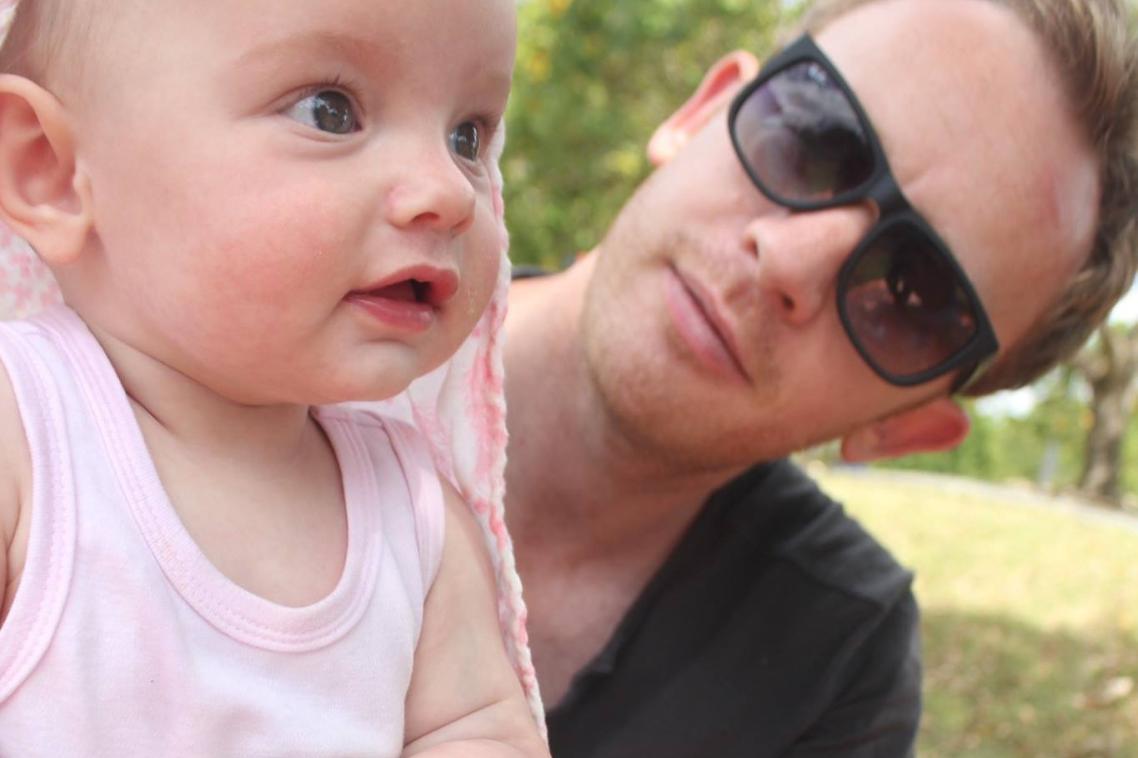Parenting course adapted for dads benefits the whole family

Participation in parenting programs has traditionally been more likely to involve women, but new research suggests adapting The University of Queensland’s Triple P – Positive Parenting Program can increase fathers’ engagement and benefit the whole family.
Triple P founder and UQ Parenting and Family Support Centre Director Professor Matt Sanders said an adapted program had led to improvements in children’s behaviour, in fathers’ parenting practices and in family relationships.
The adapted eight-week program has been trialled in New Zealand by University of Auckland researchers Dr Tenille Frank and Dr Louise Keown, with 42 families with children aged three to eight with behavioural difficulties. Mothers and fathers participated.
Professor Sanders said parenting programs often involved women training other women to be better parents.
“Ninety per cent of those who conduct courses are female, and mothers make up 70 per cent of attendees,” he said.
“This study shows that we shouldn’t be blaming fathers for not attending parenting programs.
“Rather, we should be extending our knowledge about how best to engage them, as this study has done,” Professor Sanders said.
“This can only be a win/win for mothers, fathers and children.
“The more fathers are involved early in children’s development the greater likelihood they will continue to maintain that investment over time.’’
University of Auckland Faculty of Education and Social Work researcher Dr Tenille Frank said at the end of the program parents reported significantly fewer child behaviour problems and increased use of positive parenting practices.
There was also less conflict between parents about child rearing, the mothers felt more confident and reported that their partners’ parenting practices improved.
“When mum and dad are a team working together, both learning the techniques, both seeing the results, they’re more likely to use the strategies in the future,’’ Dr Frank said.
The study is published in Behavior Therapy.
Media: PFSC communications manager Paddy Hintz 0431 706822 p.hintz@uq.edu.au or Professor Matt Sanders 07 3365 3066.
Topics
Related articles

Should you consent to your doctor using an AI scribe? Here’s what you should know.

How a drone delivering medicine might just save your life
Media contact
UQ Communications
communications@uq.edu.au
+61 429 056 139
